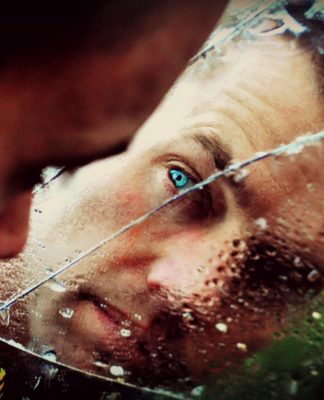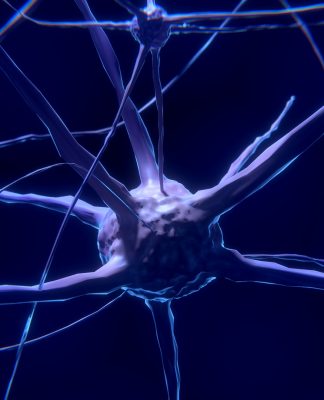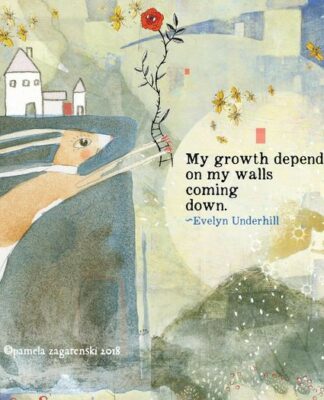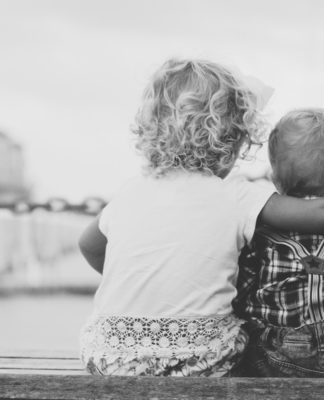I believe guilt is an emotion that is detrimental to one’s mental health, and it is best to prevent or resolve it when it arises, so that one can live more freely and happily. According to Sigmund Freud, the emotions that propel us are sexuality and aggression, and when we attempt to deny, repress, or even consciously suppress these two primary drives, we end up feeling rather bad. Freud suggested that one way our mind defends against such feelings is through compromise formations. When we become aggressive, but lack an avenue to process or vent it, a compromise may develop between the two competing psychic experiences in hopes of achieving maximum drive satisfaction with minimum resulting pain. An example of this is when you become angry with someone, and then take it out on someone or something else. The point Freud was making over 100 years ago is that the aggression you feel towards something in your environment needs to go somewhere, even if it means putting it somewhere it might not belong. When we feel guilty, we are inhibiting or fighting against our aggressive impulses. In this way, guilt is viewed as simply a product of misdirected aggression and is only a compromise formed to mitigate the pain of unexpressed anger.
To illustrate the way this works, follow me through a comparison of scenarios where you accidentally almost hit a person with your car and where you accidentally actually hit a person with your car. In the first case, you’re driving to work early in the morning, during the peak of rush hour. You are alert, coffee in hand and thinking about the day ahead while driving across a bridge. As you are crossing the bridge, the red light in front of you turns green. As you approach an upcoming intersection, a woman suddenly walks out into the intersection, in your path, while staring intently at her phone while typing an email. You quickly react by slamming on the breaks and screeching to a halt, inches away from striking the woman. The screeching breaks prompt the woman to look up from her phone, look at you, and then inaudibly says “oops” as she continues to cross the street, shrugging off the incident as if nothing happened How would this interaction make you feel? Would you become angry? Feel relief? Personally, I would most likely be aggravated. I would feel the need for at least 10 minutes of water cooler time with colleagues in order to vent about the thoughtless woman whom almost got herself killed and ruined both of our lives in the process because she needed to finish an email. Likely, people would then attempt to soothe my frustration with similar stories of their own “near misses.” Feeling validated, my aggression sufficiently processed, I would head back to my office and proceed with my day.
In the alternative scenario, instead of screeching to a halt and nearly missing the woman, you instead crash into her, and then she dies. What would you be feeling then? Fear? Panic? Self-blame? I would strongly experience all three. No longer would I seek the solace of water cooler chit chat in order to vent and decompress. Nor would I be responded to with the same commiseration and comfort, after having accidentally killed someone. So where does that anger go if it cannot be directed elsewhere? Oftentimes when backed into an emotional corner, we direct the anger back on ourselves in the form of guilt. Guilt is corrosive and a powerful agent in the creation of panic attacks, depression and suicidal thoughts.
As we can see from these alternate scenarios, guilt is the product of unresolved aggression. While one may feel angry at the victim for having caused a catastrophe, it would feel socially unacceptable to express anger towards someone who unfortunately died in a traffic accident, even if it was her fault. I’d feel obligated to feel sorry for her and her loved ones, despite the pain and bad predicament she caused me.
Sometimes, we feel guilty around less dramatic events. For example, we may find ourselves faced with obligations during the holidays and wanting to get out of them. Guilt may nag at you if you end up skipping, or even for trying to skip, those obligations. That guilt is just masking anger for feeling put upon. So instead of wallowing in guilt, allow yourself to experience your anger and own those feelings of annoyance. By taking responsibility for your anger or annoyance, you can deal with it in a healthier and more direct way, and then get past it so you can proceed more freely with your day.




















